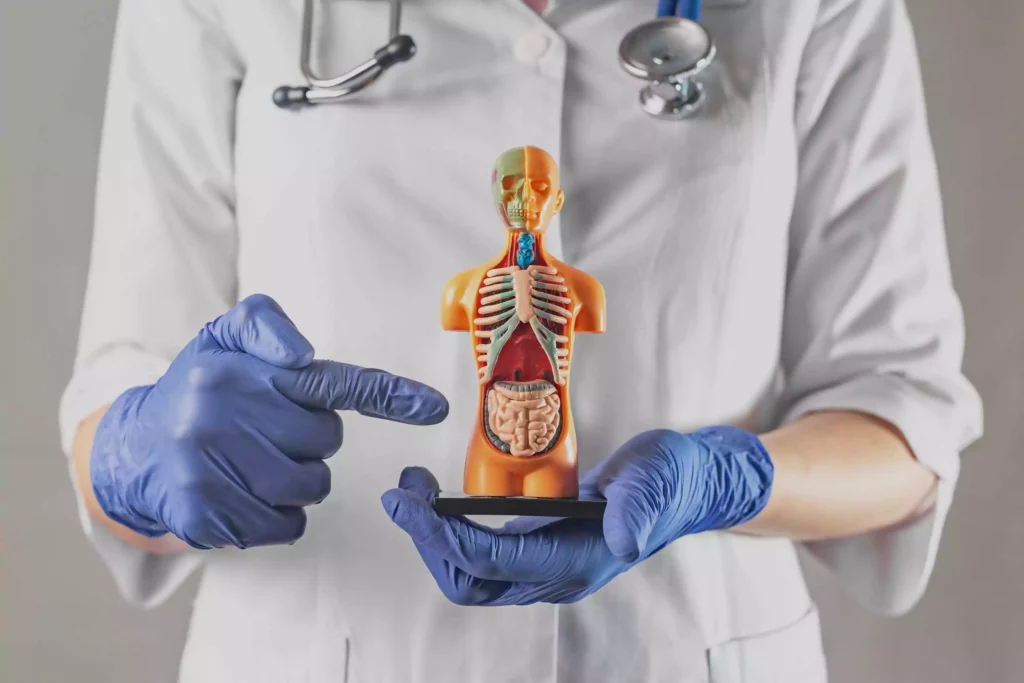Ten Reasons Why a Colonoscopy is Essential for Maintaining Digestive Health

Although the mention of a colonoscopy often brings a sense of discomfort and anxiety, understanding its benefits can change your perspective on this crucial procedure. Despite common misconceptions, a colonoscopy is vital for detecting and preventing serious health issues, especially as we age. Below are ten benefits of undergoing a colonoscopy, accompanied by insights into the procedure and tips for maintaining a healthy digestive system.
Key Benefits of a Colonoscopy
- Early Detection of Precancerous Polyps: The primary purpose of a colonoscopy is to detect and remove polyps that may become cancerous, thereby drastically reducing your risk of developing colorectal cancer.
- Prevention of Colorectal Cancer: Removing polyps during a colonoscopy significantly lowers the likelihood of them developing into cancer later on.
- Diagnosis of Gastrointestinal Disorders: Beyond cancer, a colonoscopy can reveal conditions such as ulcerative colitis, Crohn’s disease, and diverticulitis, allowing for early treatment and better management.
- Investigating Digestive Symptoms: For symptoms like abdominal pain or rectal bleeding, a colonoscopy can help identify the underlying cause and guide appropriate treatments.
- Addressing Chronic Diarrhea or Constipation: These common issues in the elderly can affect life quality; a colonoscopy helps diagnose their causes, improving patient care.
- Relieving Intestinal Blockages: This procedure is critical for identifying and addressing blockages in the intestines, which can be caused by tumors, polyps, or other obstructions.
- Assessing Medication Effects: For older adults experiencing gastrointestinal side effects from medications, a colonoscopy allows doctors to see inside the intestines and adjust treatments as needed.
- Monitoring Existing Conditions: Regular colonoscopies are essential for tracking the progression of pre-existing gastrointestinal issues, ensuring ongoing adjustments to treatment.
- Peace of Mind: Completing a colonoscopy and receiving a clean bill of health can relieve stress and anxiety about potential digestive diseases.
- Promoting Overall Digestive Health: Recognizing and addressing any issues early through a colonoscopy can enhance digestive function and impact overall health positively.
Understanding the Colonoscopy Procedure
Preparation: Prior to the colonoscopy, you’ll need to clear your bowels using a special laxative. Recent advancements have made these preparations more palatable and easier to tolerate.
During the Procedure: You’ll receive a mild sedative and lie on your side while a doctor inserts a lubricated tube with a camera into your colon. This process is generally painless, though some may experience mild discomfort.
Duration: The entire procedure usually takes about an hour.
Post-Colonoscopy Care
Recovery: After the procedure, if sedated, you’ll need to rest in the recovery area until the effects wear off. It’s important not to drive or make significant decisions for the rest of the day.
Diet and Activity: You may experience minor bloating or gas post-procedure. It’s advisable to eat light, non-fibrous foods initially. Resuming normal activities like walking can help alleviate discomfort.
Watching for Complications: Alert your doctor if you experience severe pain, fever, or other unusual symptoms, as these could indicate complications.
Lifestyle Tips: Regular exercise, a balanced diet, and routine wellness checks are essential, especially as you age, to maintain good health and slow down physical decline.
Colonoscopies, though daunting to some, are a vital tool for preventing serious health issues and maintaining quality of life as we age. By demystifying the process and understanding its benefits, we can approach this procedure with a more informed and positive outlook.
